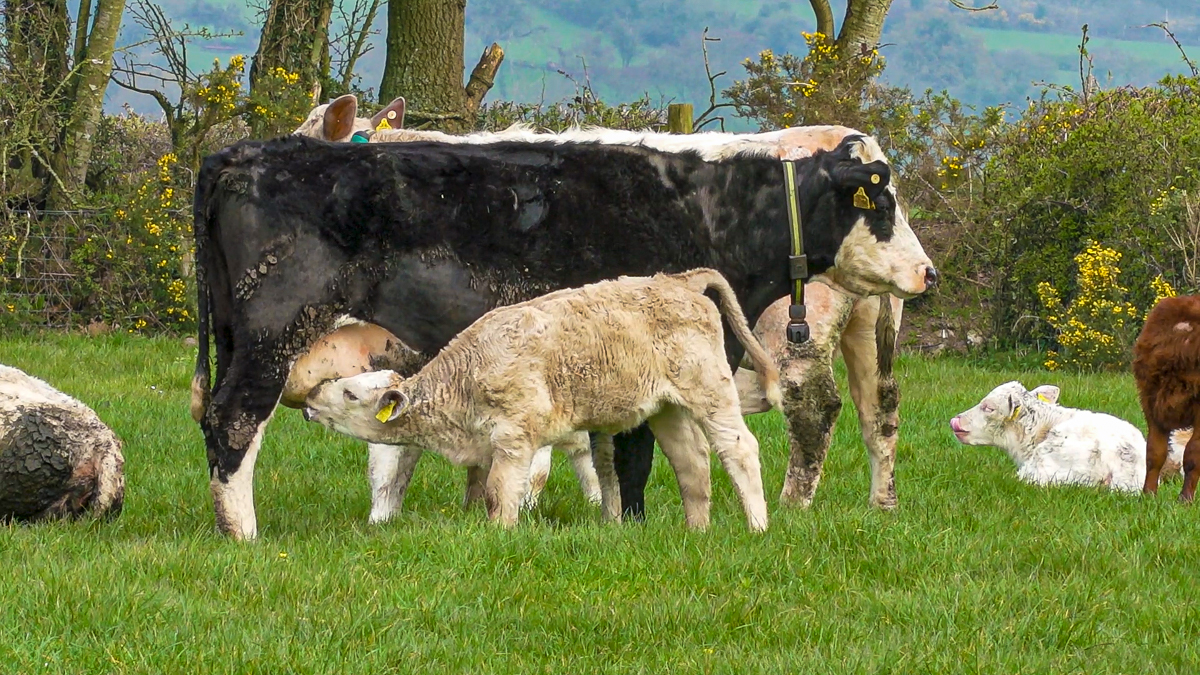Both of the Irish Cattle and Sheep Farmers’ Association (ICSA) presidential candidates agree on the principle that Ireland’s suckler industry should receive bespoke support payments. However, they disagree on how the money should be spent.
Sean McNamara, from Co. Westmeath, believes that a €200 payment should be made available on the cow. On the other hand, Dermot Kelleher, from west Cork, is of the view that the money should be paid on the calf.
Turning to the issue of how Common Agricultural Policy (CAP) payments should be distributed in future, Kelleher stressed the absolute importance of support monies going to active farmers only. He added:
If you don’t have the cattle or sheep, then you don’t get the money.
A living wage
McNamara returned repeatedly to the issue of beef and sheep farmers being allowed to earn a living wage from their businesses.
I feel strongly that a farmer with 30 hectares of land should be guaranteed an area payment of €12,000.
Both men discussed the principle of corporate bodies, including Teagasc and Greencore, being allowed to access CAP funding. There was general agreement that, in future, CAP monies should be prioritised in ways that deliver direct support to farmers.
Climate action
The challenge posed by global warming was also discussed at length by both candidates. McNamara expressed the view that intensive dairy farming is responsible for the vast bulk of the greenhouse gas emissions (GHG) coming from Irish agriculture while Kelleher pointed to the natural cycle that is the very essence of suckler beef and sheep production in Ireland.
The issues of bovine tuberculosis (TB) eradication and the age profile of Irish farmers were also discussed at length.
They also held strongly to the view that farmers should not be expected to further support future bovine TB eradication campaigns from their own pockets, given the amount of producer money currently spent on testing.
Culling badgers and deer, found to be infected with bovine TB, was also recognised by both as an important component of future bovine TB eradication campaigns.
Farmer age
The two candidates agreed that the average age of Irish farmer remains too high.
“Much more should be done to encourage young people into farming,” said Kelleher.
The introduction of a realistic installation grant for young people would be a realistic step in this direction.
McNamara noted the steps already taken by Revenue to encourage young people into farming.
“We need to see the introduction of a meaningful farmer pension scheme. This could be funded by a combination of CAP monies and government support,” McNamara said.
